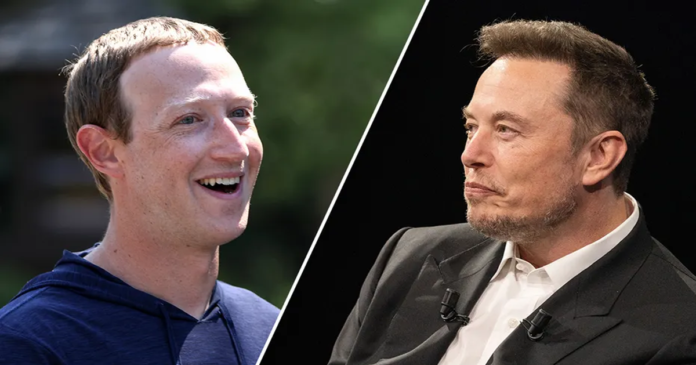Elon Musk, the CEO of Tesla, Mark Zuckerberg, the CEO of Meta Platforms, and Sundar Pichai, the CEO of Alphabet, will be among the US technology leaders attending a closed-door conference on Capitol Hill on how Congress should establish artificial intelligence protections on Wednesday. This is according to the senior Democrat in the US Senate.
Musk Zuckerberg Gates join US senators: According to Senate Majority Leader Chuck Schumer, “legislating on artificial intelligence is for us to engage in one of the most complex and important subjects Congress has ever faced.”
Lawmakers are debating how to reduce the risks associated with this new technology, which has seen a surge in consumer interest and investment with the launch of OpenAI’s ChatGPT.
Legislators want protections from potentially harmful deep fakes, electoral meddling, and attacks on vital infrastructure.
AFL-CIO President Liz Shuler, CEO of OpenAI Sam Altman, Nvidia CEO Jensen Huang, Microsoft CEO Satya Nadella, IBM CEO Arvind Krishna, former Microsoft CEO Bill Gates, and Senators Mike Rounds, Martin Heinrich, and Todd Young are also anticipated to attend.
Further, Attendees are encouraged to discuss “why Congress must act, what questions to ask, and how to build a consensus for safe innovation,” according to Schumer, who discussed AI with Musk in April. Sessions are scheduled to start at 10 a.m. ET and end at 5 p.m. ET.
Musk and a group of AI businessmen and experts urged for a six-month moratorium on creating systems that are more potent than OpenAI’s GPT-4 in March, citing possible threats to society.
Congress will host three separate hearings this week on AI.
A Senate Judiciary subcommittee on Tuesday heard Microsoft President Brad Smith say that Congress should “require safety brakes for AI that controls or manages critical infrastructure.”
Smith compared the need for circuit breakers in buildings, emergency brakes on school buses, and collision avoidance systems on aeroplanes as AI safety measures.
Global regulators have been rushing to develop regulations limiting the use of generative AI, which can produce text and visuals with practically undetected artificial origins.
Additionally, Tuesday saw the signing of President Joe Biden’s voluntary AI pledges, which call for actions like watermarking AI-generated content and were signed by Adobe, IBM, Nvidia, and five other corporations.
However, The pledges made in July were intended to prevent the power of AI from being misused for negative ends. Furthermore, In July, Google, OpenAI, and Microsoft joined.
A White House executive order on AI has also been in development.

